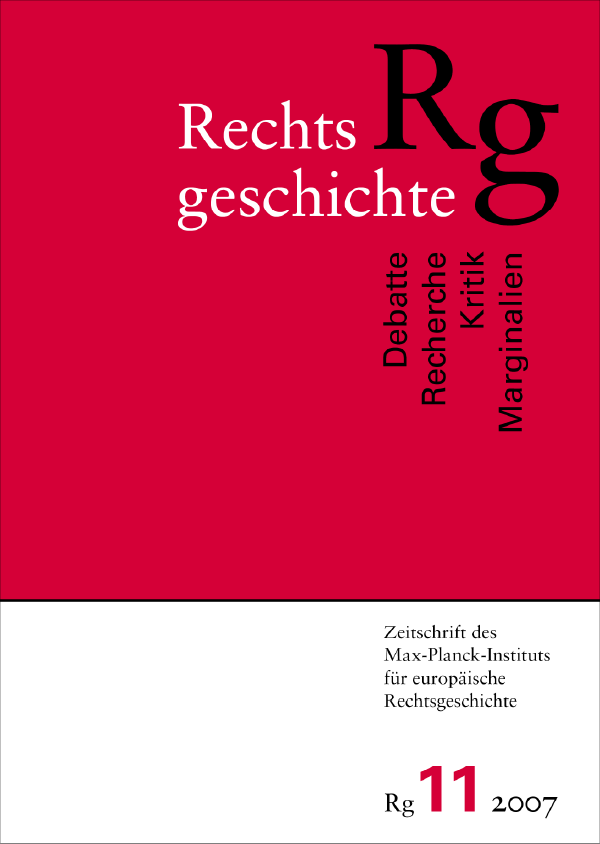Abbattere i tiranni, punire i ribelli
Diritto e violenza negli interdetti del Rinascimento
DOI:
https://doi.org/10.12946/rg11/076-093Abstract
Law and violence in Renaissance interdicts Violence with spiritual weapons, violence with temporal weapons: as contemporaries well knew, the Renaissance popes’ exercise of political power was characterized by a double violence. The overthrow of tyrants and the punishment of rebels were the chief aims of excommunication and interdict. Those weapons were actually first steps towards a declaration of a »just« war. This essay analyses how those arguments were developed, concentrating in particular on the censures of Sixtus IV against Florence (1478) and Venice (1483) and on the excommunications and interdicts levied by Julius II on Bologna (1506) and Venice (1509). In addition, the article expands on the defences that some lawyers constructed against those arguments, positing another truth against the truth of the papal laws. By this means they emphasised their dissent from the papal laws while themselves making use of the law. The »war of writings« caused by Paul V’s interdict against Venice (1606) produced a history of interdicts as a necessary tool for the defence, making explicit the opposition of ius and vis, that is to say, a critique of law’s violence.
Downloads
Published
How to Cite
Issue
Section
License
Copyright (c) 2007 Author

This work is licensed under a Creative Commons Attribution-NonCommercial-NoDerivatives 3.0 Unported License.





